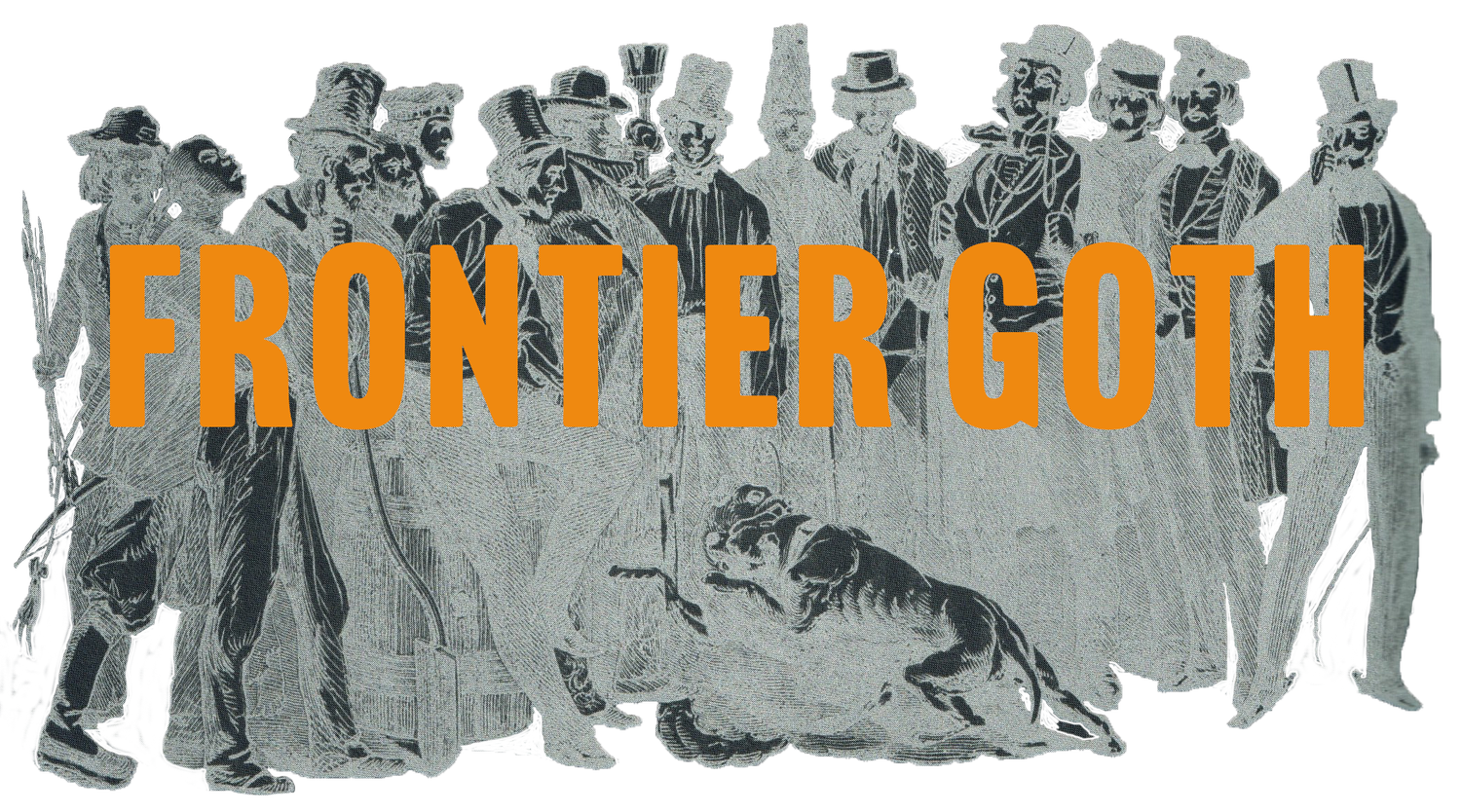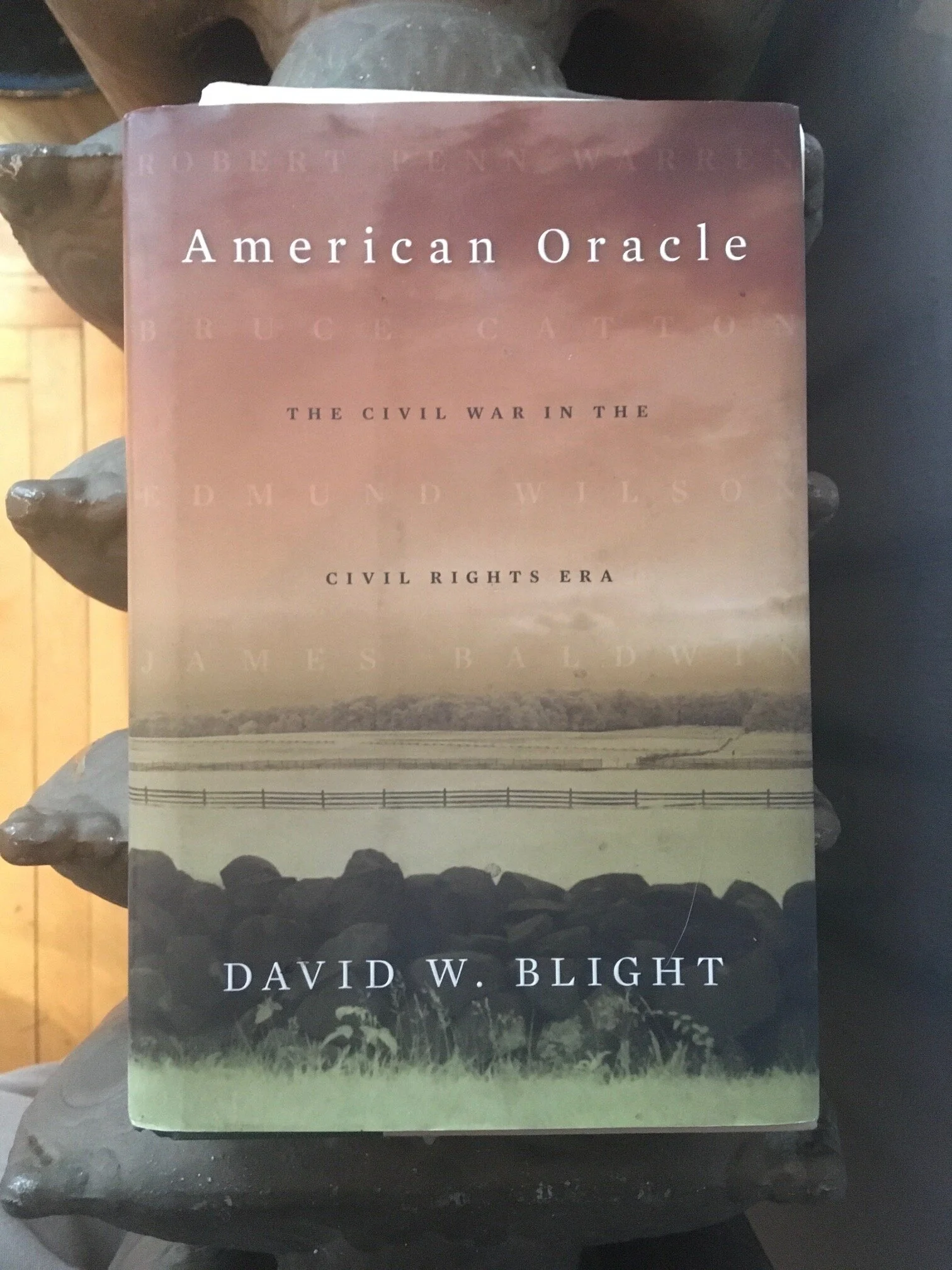American Oracle by David Blight
“To a degree, (Robert Penn) Warren’s story in Legacy is an ancient one: when reason dies, men are left with undaunted bloodlust. But he is quick to say that he did not believe the war was merely ‘caused by the extremists on both sides’—a claim not altogether credible, even as Warren sees the birth of a great American idea in all that blood and misguided idealism. If there is a hero in Legacy, it is less a person than an idea: the philosophical worldview or the method of thinking known as pragmatism. For Warren, pragmatism meant—as it did for William James, one of his heroes—a habit of mind, a belief that no idea or institution is ever completely fixed, that the only thing utterly determined is change. The pragmatists urged a passionate commitment to the open mind, to the testing of all truths and principles no matter how firmly held. This notion of truth as unfixed made possible the liberating idea that Warren called the ‘experimental imagination.’ The Civil War was won by this adaptable habit of mind, or, more specifically, by ‘Grant’s systematically self-nurtured gift for problem-solving’ and Lincoln’s deft ability (Warren is here quoting Sidney Hook) ‘to be principled without being fanatical, and flexible without being opportunistic.’ It is hard to see the carnage at Fredericksburg, the senseless slaughter at Cold Harbor, or the disease and starvation at Andersonville Prison as pragmatic or experimental outcomes. But beyond all the death that surpassed explanation, in interpretive terms, Warren found in pragmatism an enduring way of comprehending the political, constitutional, and ideological consequences of the war. As he searched for meanings, he found them; his Civil War, though harrowing, was not merely a disillusioning bloodbath.”
—David Blight, 2011



